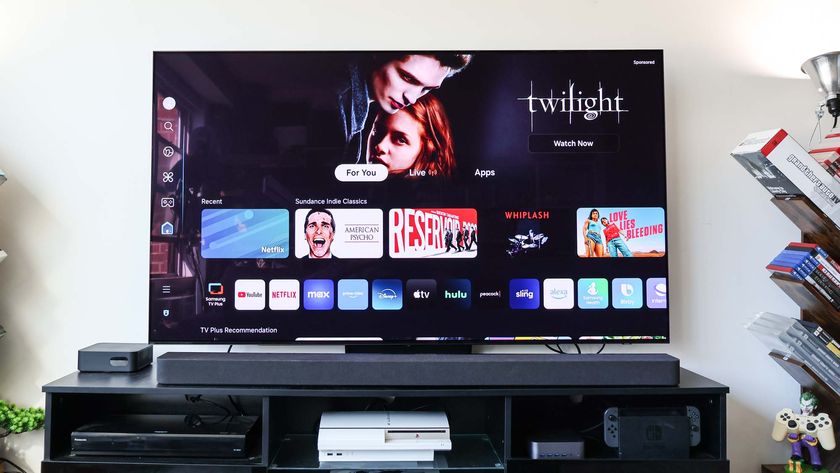Here’s the one reason to buy OnePlus phones instead of Samsung
Data speed is where OnePlus phones crush all opponents of Apple or Samsung
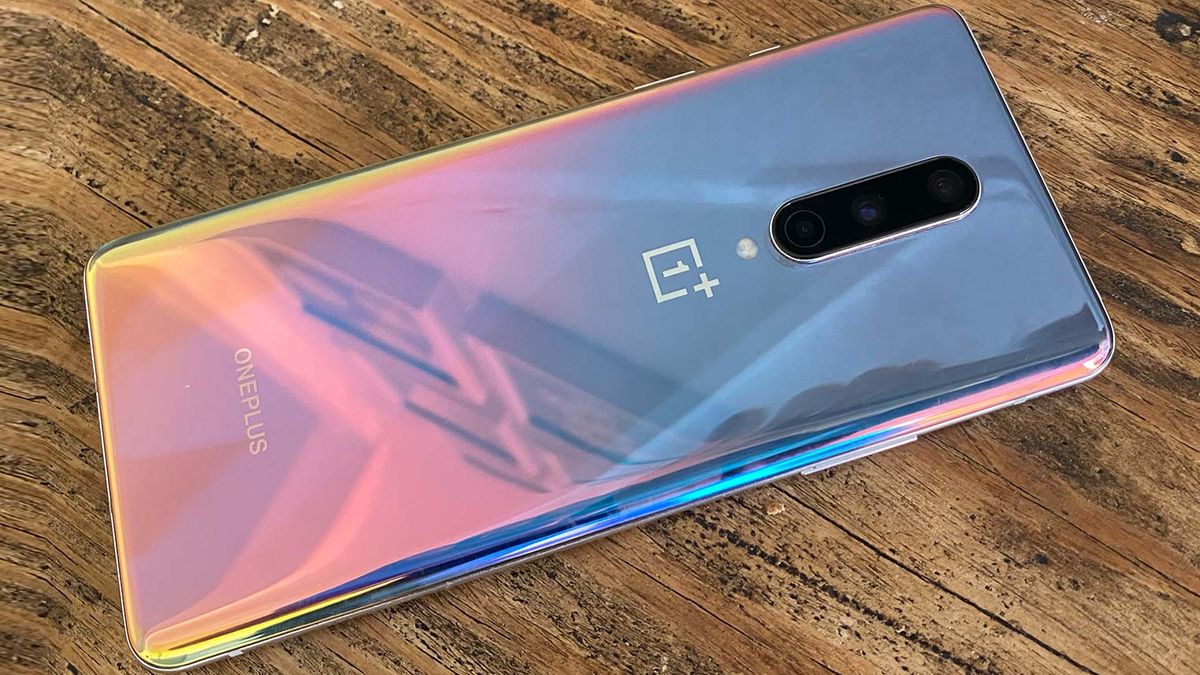
Get a OnePlus phone over a Samsung Galaxy S21 if you value download speed.
That's the conclusion new research draws when evaluating the fastest downloading devices available in the U.S. The report also discusses how different cell networks and cities impact a phone's speeds. But out of all the devices tested, OnePlus remained unmatched.
- OnePlus 9 Pro review: The best Android phone you can get
- Find your next phone with the help of our best Android phones guide
- Plus: Google Pixel Buds A could cut this feature to keep an AirPods-beating price
The OnePlus 8 5G offered both the fastest download speeds (average 68.26 megabits per second) and upload speeds (average 16.52 Mbps) in the report published today by data speed testing app Ookla. The iPhone 12 Pro placed just behind, followed by the iPhone 12 Pro Max, Samsung Galaxy S21 Ultra and iPhone 12 mini. The S21 Ultra scored a minor win in terms of the lowest latency; an average of 28 milliseconds compared to the average of 29 milliseconds of the OnePlus 8.
Even looking at overall performance for all devices produced by a manufacturer, OnePlus still tops the table with an average download speed of 50.79 Mbps across its portfolio. Samsung places second with 43.74 Mbps, with Apple in third (40.91 Mbps), then LG and Google following behind with notably lower scores (34.7 and 32.6 respectively).
OnePlus' success here isn't surprising given that since last year, the company has only released one phone without 5G support, the OnePlus Nord N100. It also has a much smaller collection of phones on offer compared to its rivals, particularly Samsung with its dozens of different phones across several Galaxy sub-brands.
These results can be attributed to Qualcomm, whose Snapdragon X55 5G modem and Snapdragon 888, 865, 765G and 855 Plus chipsets respectively took first to fifth place in the speediest chipsets rankings. These chips are frequently found in OnePlus and Samsung handsets. Several other companies use Qualcomm silicon too, but these two companies seem to know how to get the best speeds out of the same chips.
Arguably these results are now out of date since OnePlus has just launched the OnePlus 9 and OnePlus 9 Pro, neither of which were tested. However, we might hope that OnePlus' success with the speed of the 8 series will have passed down to the 9 series.
Sign up to get the BEST of Tom's Guide direct to your inbox.
Get instant access to breaking news, the hottest reviews, great deals and helpful tips.
There are other good reasons to go for a OnePlus 9 or 9 Pro apart from assumed download speeds. Both phones have taken huge steps in photographic quality thanks to the help of Hasselblad, and both still offer stunning 120Hz displays and remarkable charging speeds. It's why both phones deserve a spots on our best Android phones guide.

Richard is based in London, covering news, reviews and how-tos for phones, tablets, gaming, and whatever else people need advice on. Following on from his MA in Magazine Journalism at the University of Sheffield, he's also written for WIRED U.K., The Register and Creative Bloq. When not at work, he's likely thinking about how to brew the perfect cup of specialty coffee.
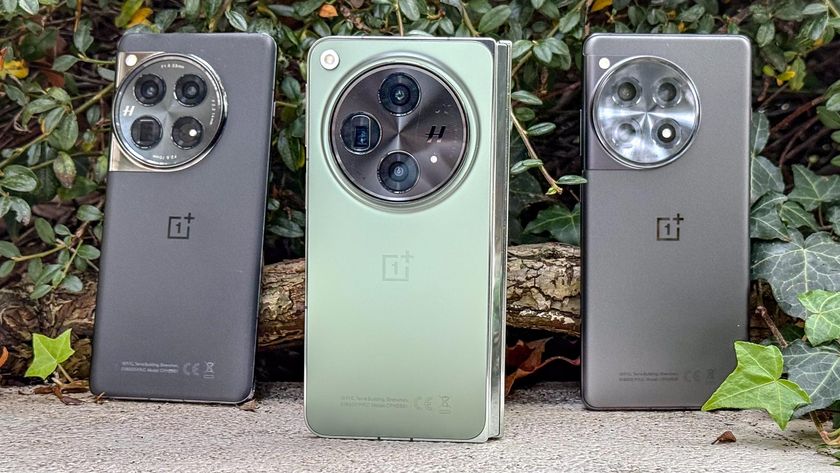
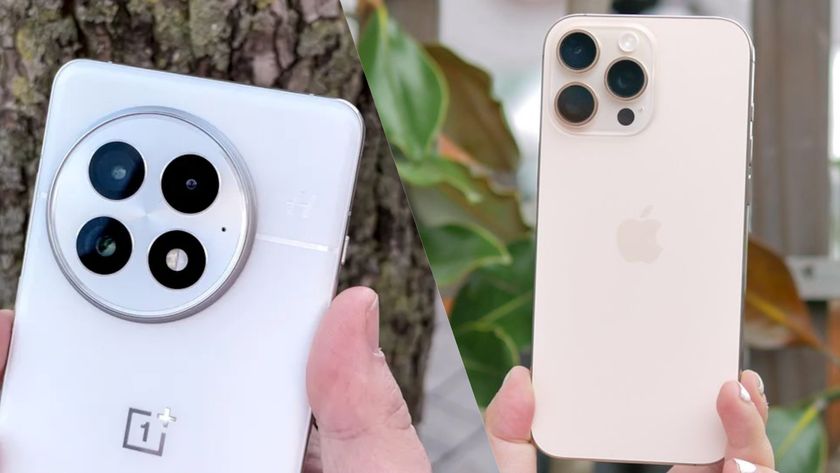
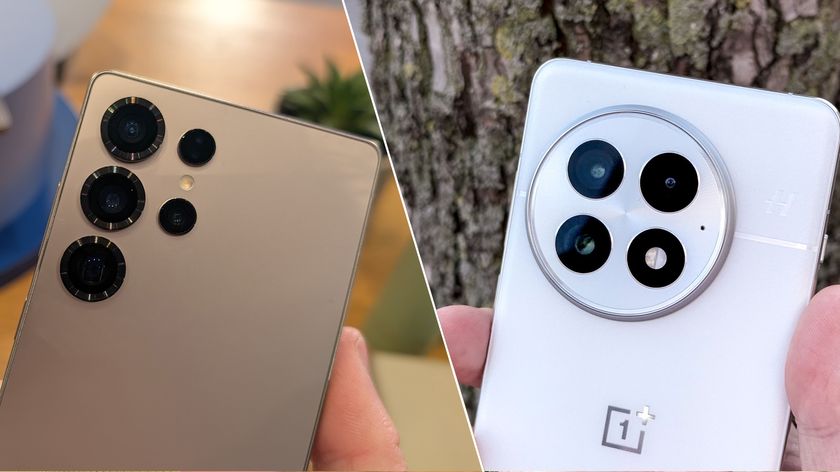
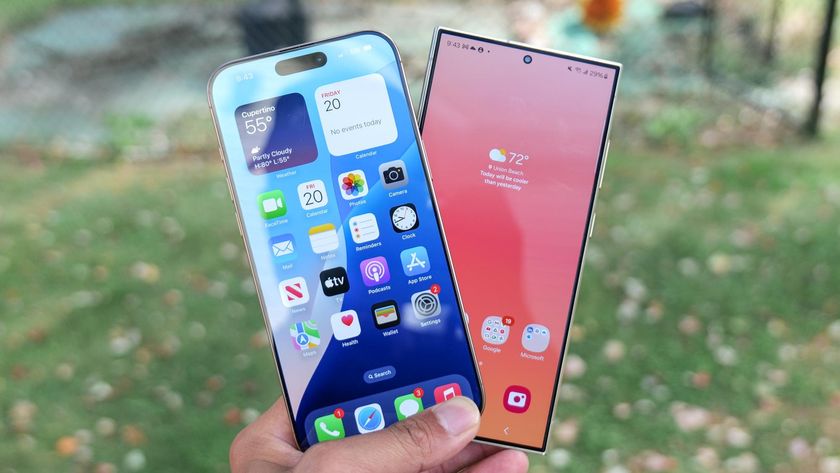
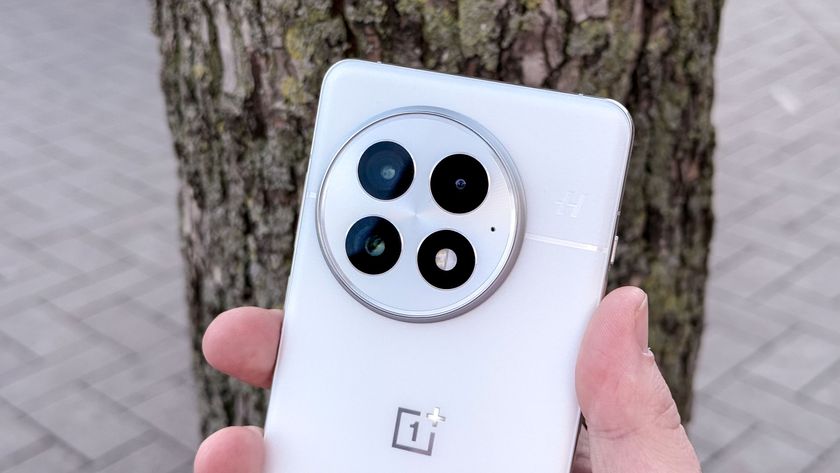
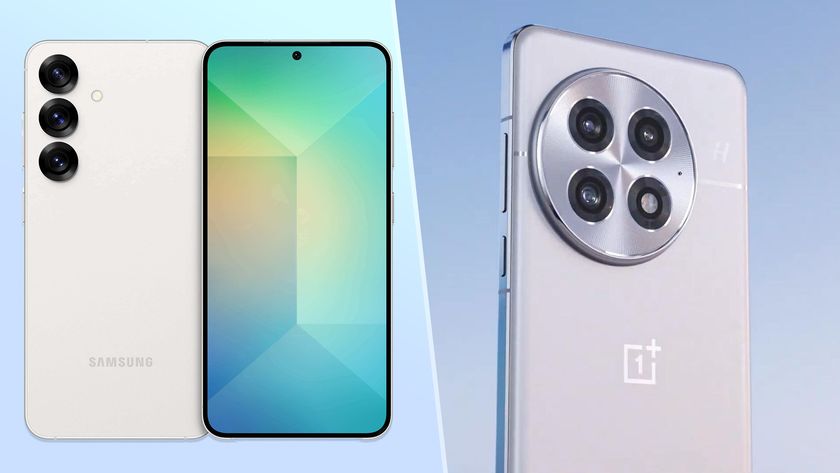
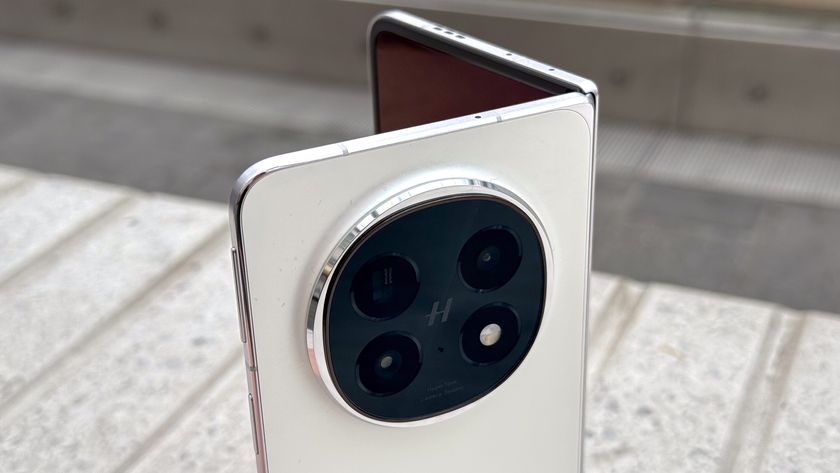
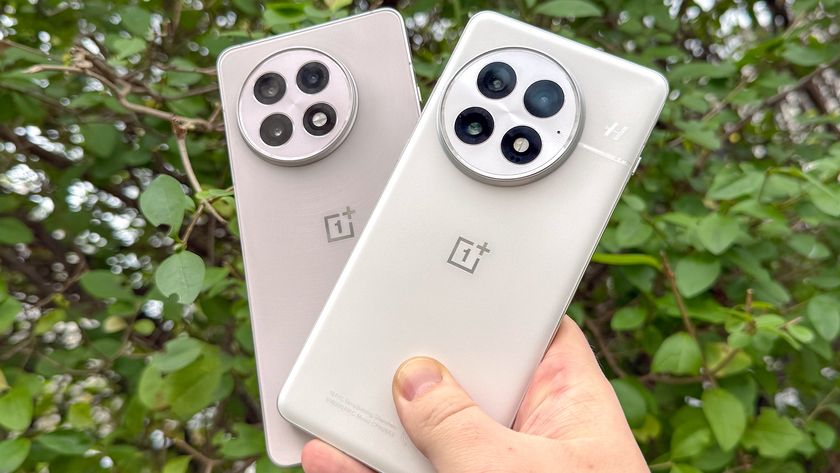
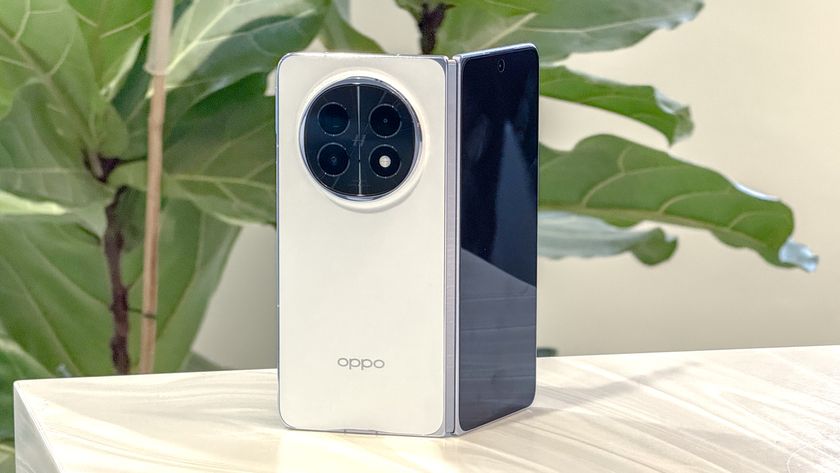
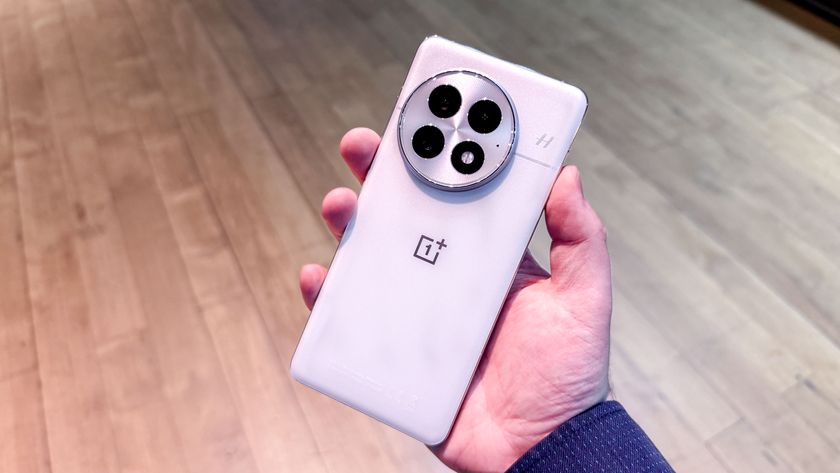
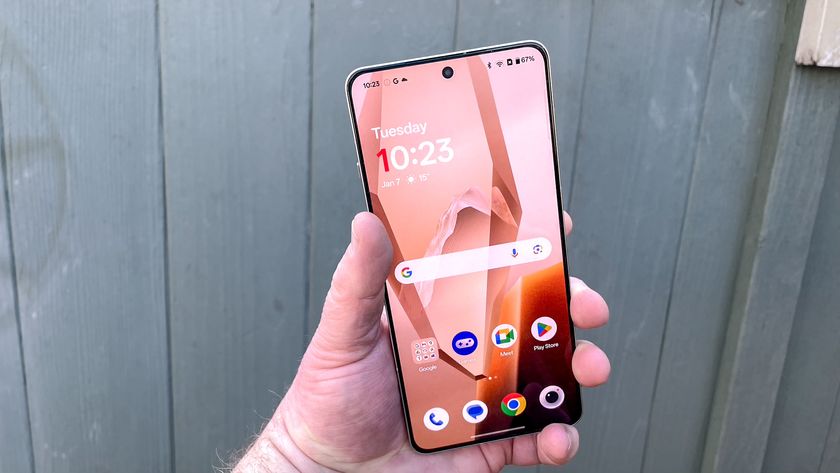
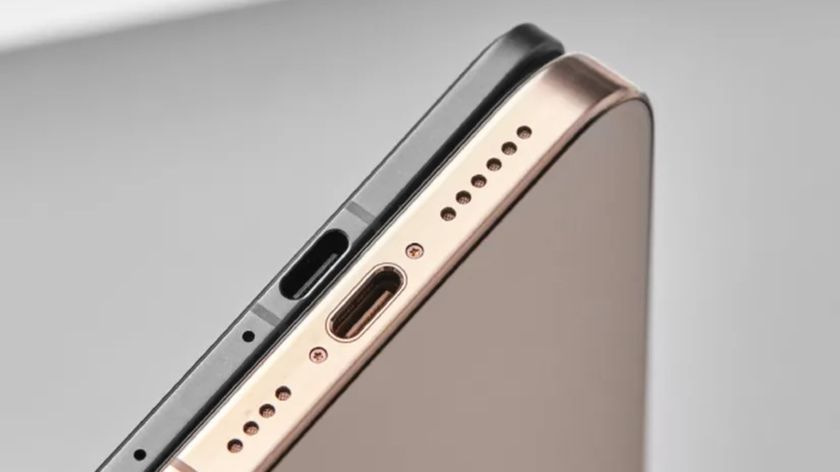

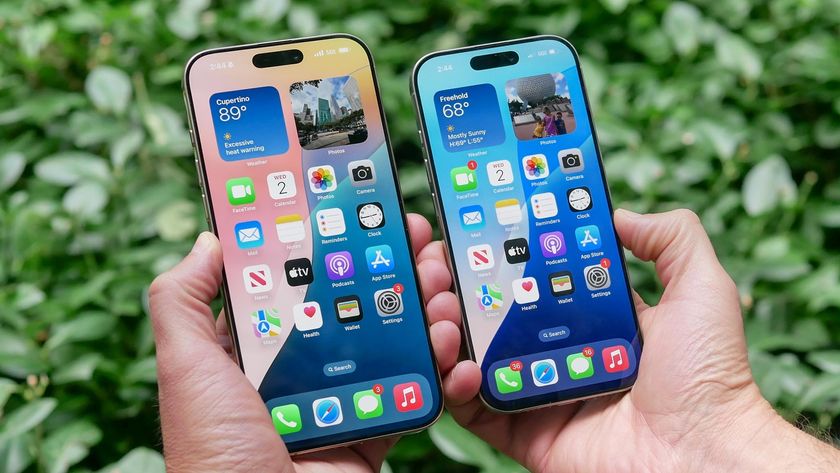
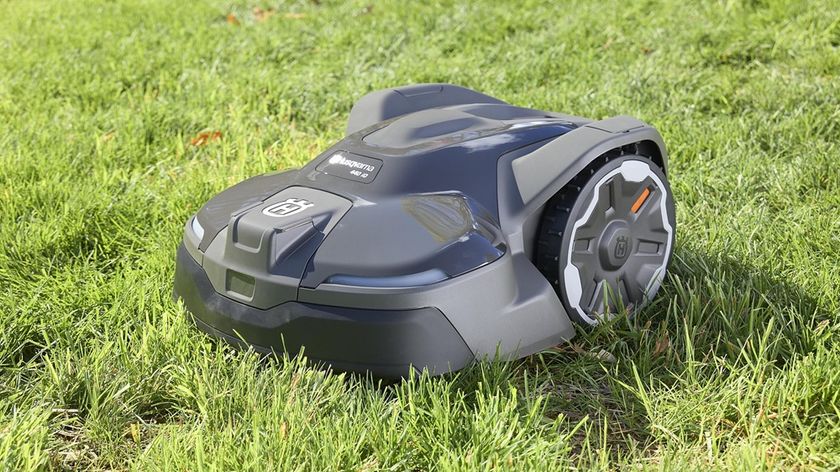
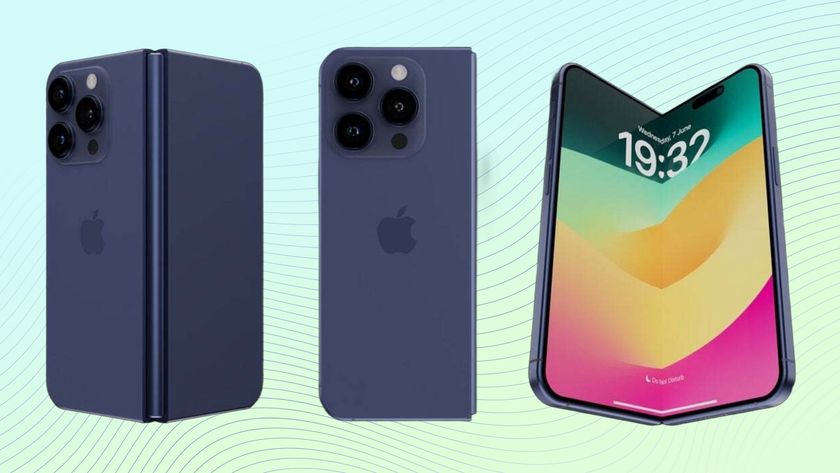
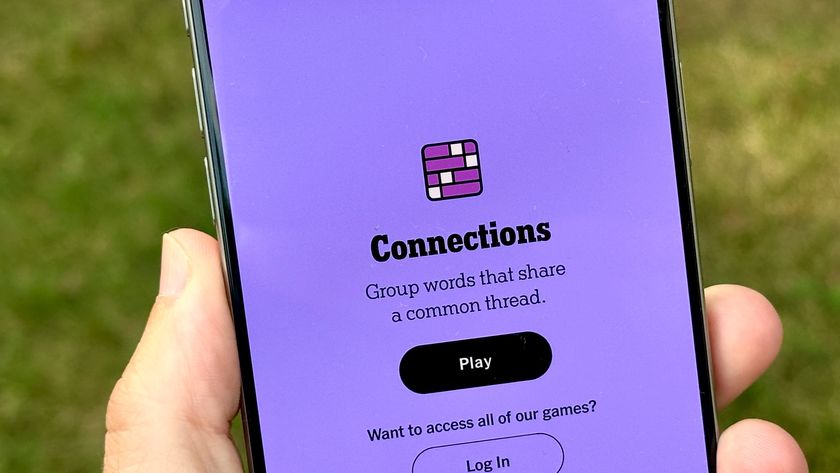

-
James LaBarre So download speed is the only thing you can offer to promote the OnePlus over any other phone? Seeing as I don't even use mobile data, that's of absolutely NO significance to me.Reply
Things like does it have a MicroSD slot, does it have a headphone jack, does it have decent battery life, etc. Can I configure it to my own preferences? Can I disable all the cruft and useless apps it's likely bundled with? Once I've disabled all the worthless apps I don't want (because you KNOW they won't let you uninstall them) will it still have enough storage to load apps I DO want?
My Linux computers can be configured to as little or as much as I want. Such a shame that Android, being based on Linux, doesn't give you the same level of respect.


